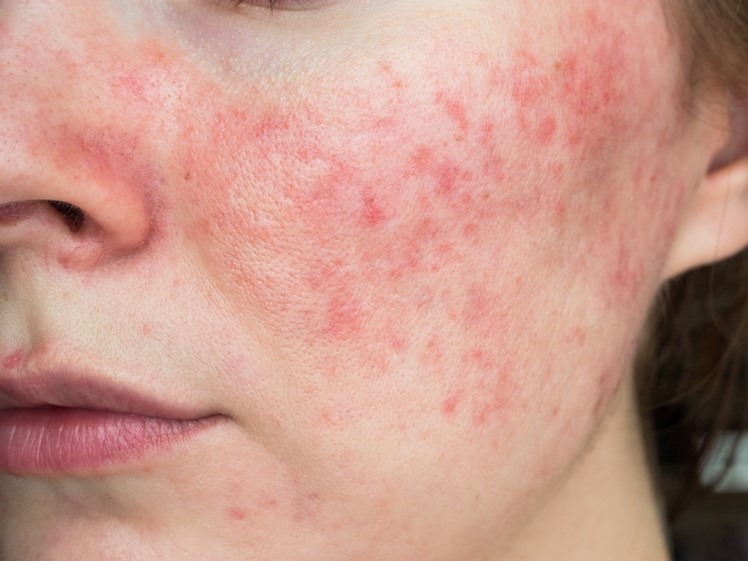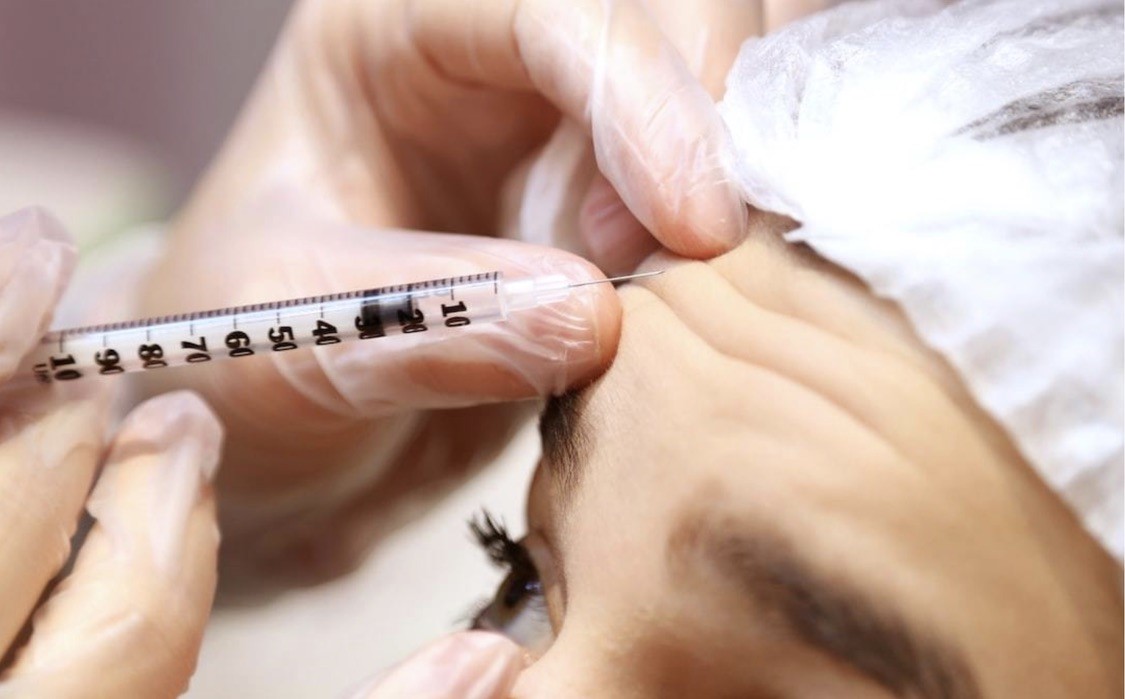Learn the most common skin concerns, why they occur, and dermatologist-approved treatments to restore clear, healthy, glowing skin.
Introduction:
Skin, our body’s largest organ and shield, often signals our overall health status.
With various skin types and conditions, caring for it can become complex. Each type has challenges and solutions, from acne-prone to sensitive, oily to ageing skin.
Understanding these skin concerns is vital to maintaining the skin barrier’s health and functionality, which is essential for a vibrant and healthy appearance.
At Harley Street London Dermatology Clinics, we’re dedicated to demystifying the most common skin concerns and empowering you with the knowledge you need for optimal skin health.
Table of Contents:
Common Skin Concerns
Why These Skin Problems Occur
Acne
Eczema
Rosacea
Hyperpigmentation
Psoriasis
Skin Concerns and Their Solutions
When to See a Dermatologist
Prevention Tips
FAQs
Conclusion
Common Skin Concerns
The five most common skin problems affecting adults and teenagers include:
These conditions may appear on the face, body, or scalp. While some are temporary, others require medical assessment for long-term control.
Why Do These Skin Problems Occur
Skin concerns arise due to a mix of:
- Genetics
- Environmental triggers
- Hormonal changes
- Stress
- Lifestyle habits
- Allergens
- Immune system responses
Understanding the root cause helps your dermatologist tailor the right treatment plan.
1. Acne
Acne is one of the most common facial skin issues. It occurs when oil glands clog with dead skin cells and bacteria.
Types of Acne
- Whiteheads
- Blackheads
- Papules
- Pustules
- Cysts
Symptoms
- Oily skin
- Pimples
- Red bumps
- Scarring
Solutions
At-home:
- Salicylic acid
- Benzoyl peroxide
- Retinoids
- Oil-free skincare
In-clinic:
- Chemical peels
- Laser acne treatment
- Microneedling
- Prescription medication
2. Eczema (Dermatitis)
Eczema causes red, itchy, inflamed skin that may flare up due to triggers.
Symptoms
- Dry patches
- Cracking
- Redness
- Itching
Solutions
At-home:
- Emollients
- Barrier creams
- Fragrance-free skincare
In-clinic:
- Patch testing
- Prescription steroids
- Light therapy (phototherapy)
3. Rosacea
A chronic condition that often affects the face.
Symptoms
- Facial redness
- Visible blood vessels
- Flushing
- Red bumps
Solutions
At-home:
- Avoid triggers (heat, alcohol, spicy food)
- Gentle skincare
In-clinic:
- Laser treatment
- Prescription anti-inflammatory creams
4. Hyperpigmentation
One of the most common skin problems, often caused by sun damage or inflammation.
Symptoms
- Dark patches
- Uneven skin tone
- Sunspots
- Melasma
Solutions
At-home:
- Vitamin C
- Retinoids
- Sunscreen
In-clinic:
- Chemical peels
- Laser pigmentation removal
- Microneedling
5. Psoriasis
A long-term immune-related condition causing rapid skin cell growth.
Symptoms
- Thick, scaly patches
- Itching
- Redness
- Flaking
Solutions
At-home:
- Moisturisers
- Coal tar products
In-clinic:
- Phototherapy
- Prescription creams
- Systemic treatments for severe cases
Skin Concerns and Their Solutions (Quick Comparison)
| Skin Concern | Main Symptoms | Best At-Home Care | Best Clinical Solutions |
| Acne | Pimples, oiliness | Salicylic acid, retinoid | Peels, lasers, medication |
| Eczema | Itchy, dry patches | Emollients | Steroids, phototherapy |
| Rosacea | Redness, flushing | Trigger avoidance | Laser, prescriptions |
| Hyperpigmentation | Dark spots | Vitamin C, SPF | Peels, lasers |
| Psoriasis | Scaly plaques | Hydrating creams | Light therapy, medication |
When to See a Dermatologist
Seek medical care if you experience:
- Recurring breakouts
- Severe redness or inflammation
- Spreading pigmentation
- Painful or itchy patches
- Symptoms affecting confidence or quality of life
Early diagnosis leads to quicker and more effective treatment.
Prevention Tips
- Wear SPF 30–50 daily
- Keep skincare simple and consistent
- Stay hydrated
- Avoid picking or scratching
- Reduce stress
Use gentle, dermatologist-approved products
FAQ :
Q: What are the most common skin concerns?
A: Acne, eczema, rosacea, hyperpigmentation, and psoriasis.
Q: What causes facial skin issues?
A: Hormones, stress, genetics, environment, and lifestyle factors.
Q: Can diet affect skin problems?
A: Yes—sugar, dairy, and processed foods can worsen some conditions.
Q: Which treatment works fastest?
A: Laser treatments and prescription medications, depending on the condition.
Q: Can skin problems be permanently cured?
A: Many conditions can be controlled long-term with proper treatment.
Conclusion:
Skin concerns are extremely common—and most are treatable with the right approach. Whether you struggle with acne, pigmentation, or chronic redness, early assessment helps prevent worsening and long-term damage.
If you’re dealing with a persistent skin issue, book a consultation at Harley Street Healthcare, London Dermatology Clinic. Our dermatologists offer advanced, effective, and personalised skin treatments to restore clear and healthy skin.



